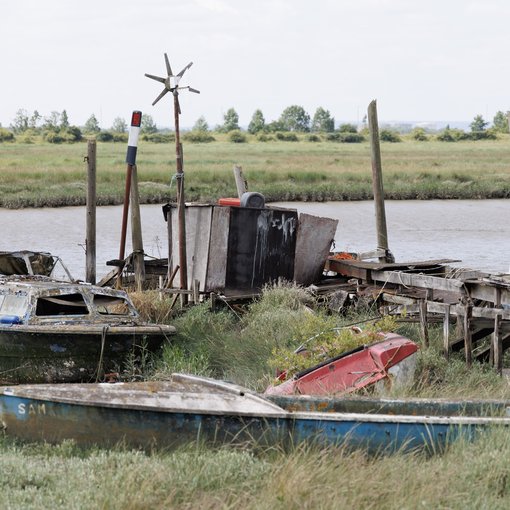
The threats of flooding, coastal erosion and water scarcity are not abstract future risks, but urgent, present-day realities. For a coastal region like Southend-on-Sea and Thurrock, developing resilience is essential and requires significant public buy-in for complex solutions that can impact residents and local neighbourhoods.
The Catchment to Coast programme, an initiative funded by the Department for Environment, Food and Rural Affairs, sought an effective way to engage the public on the potential solutions they are looking to implement. The goal was to convey the risks of expected climate threats and the trade-offs of potential solutions, reaching a broad cross-section of the community to build a clearer understanding of their support and concerns.
Using Zeitgeist, our bespoke public engagement platform, we partnered with the Catchment to Coast programme to design and deliver The Situation Room. Three different situation rooms were created to capture the views of local residents in Southend and Thurrock on how to reduce the impact of coastal erosion and flooding, inland flooding and water scarcity.
Each situation room combined deliberation, interactive polling and video storytelling using fictional news broadcasts ‘from the future’, and asked participants to explore three or four different solutions to each problem. This method was designed not just to capture opinions, but to allow them to evolve their points of view through an informed, deliberative process.
Between July and November 2024, we ran 45 situation rooms with nearly 300 residents using our Zeitgeist platform. Each 90-minute session brought together up to 12 local residents and was held either in public spaces like libraries and community centres, or online via an integrated video call.
Situation Room behind the scenes video
Participants found the experience was highly engaging, rating their enjoyment of the Situation Room at 9 out of 10. Crucially, the process built trust. After participating, residents’ trust in the council increased by 8% - demonstrating the value of involving people meaningfully in complex decisions.
The findings also revealed a strong public mandate for the innovative, nature-based solutions being pioneered by the Catchment to Coast team, such as salt marshes and leaky dams which can help reduce erosion and flooding. After deliberating in the sessions, over 70% of participants believed these solutions would help build resilience in their own neighbourhoods. Participants especially liked the additional benefits that nature-based solutions provide, particularly improving air quality and supporting wildlife.
Additionally, 89% of residents indicated support for implementing sustainable drainage systems (SuDS) near their homes. These interventions, such as the rain gardens being trailed in Ruskin Road Southend, soak up excess rainwater, store it, and then slowly release it back into the environment.
The insights gathered are now directly informing the communication strategy and future resilience plans of Southend City Council, including a partnership with Anglian Water to introduce sustainable drainage systems in every ward across Southend-on-Sea City by 2030.
Read more detail on the results on the Catchment to Coast website.
Following this success, The Situation Room is now being made available for other organisations across England to use, providing a proven new tool for vital climate adaptation conversations. If you’re interested in finding out more, please contact the team at [email protected].